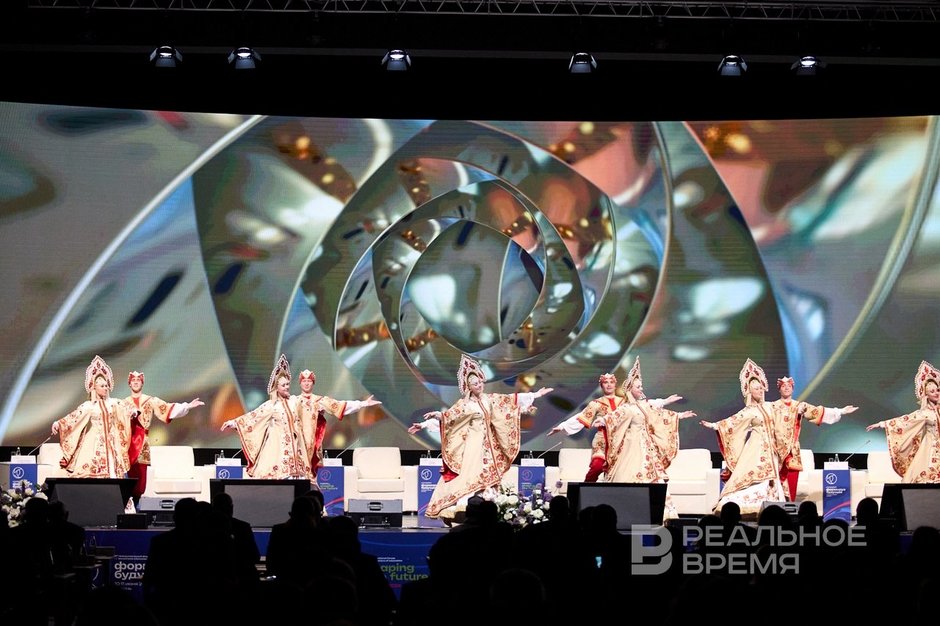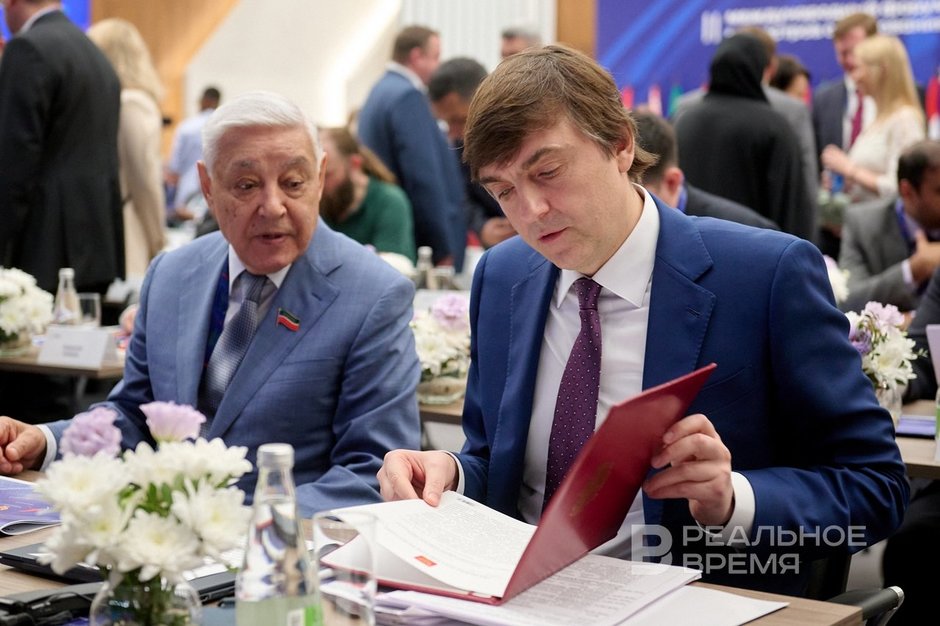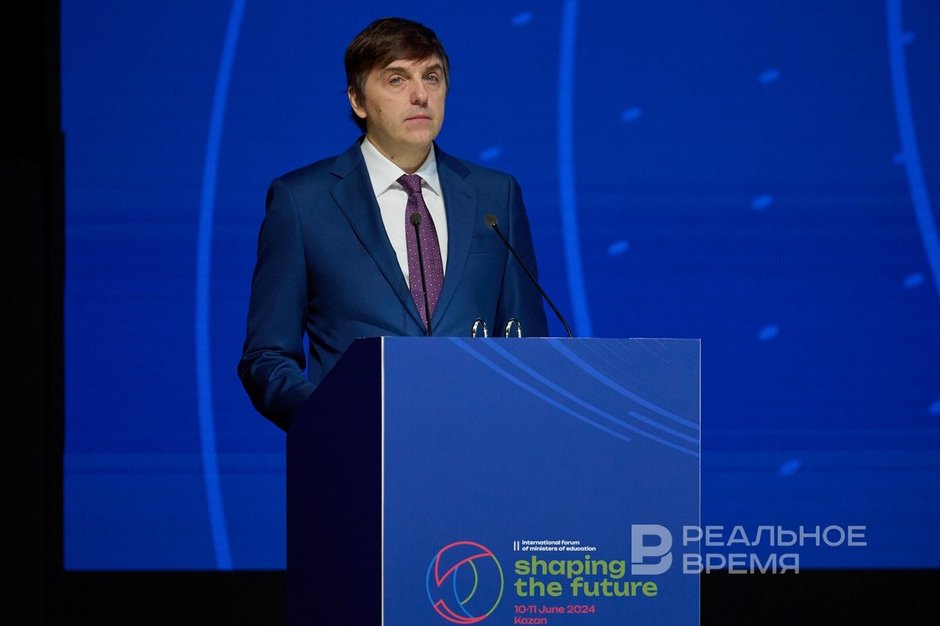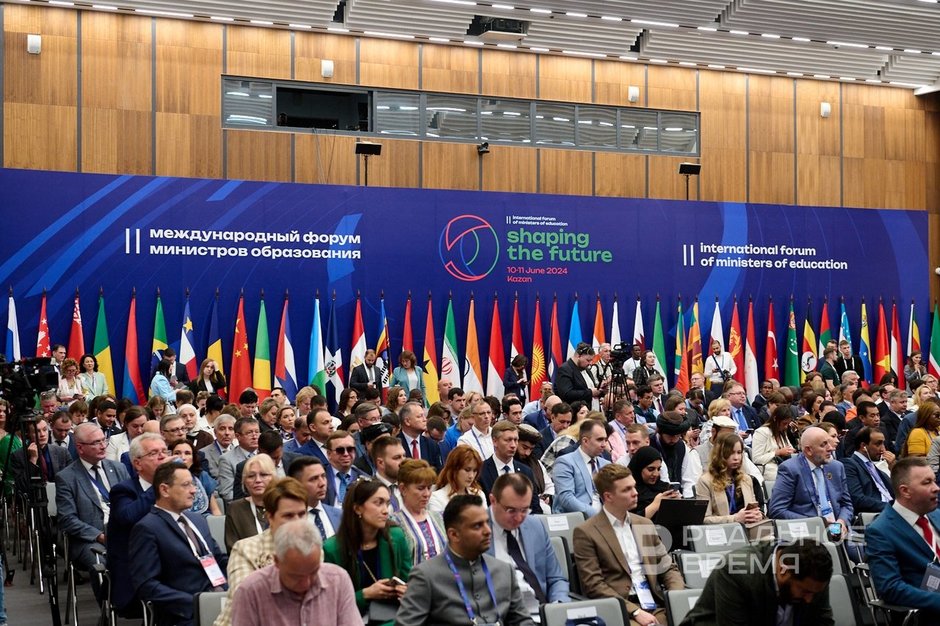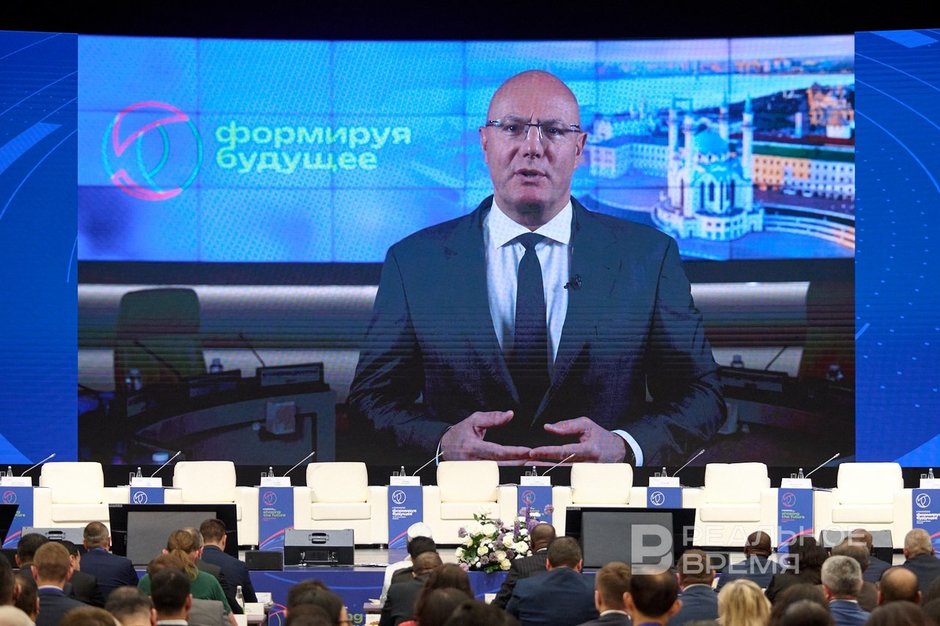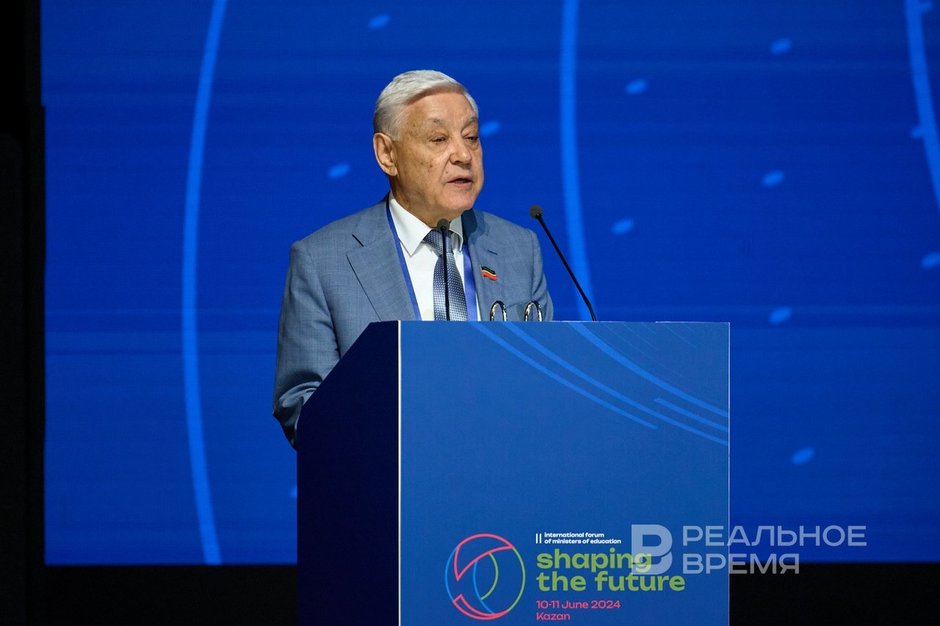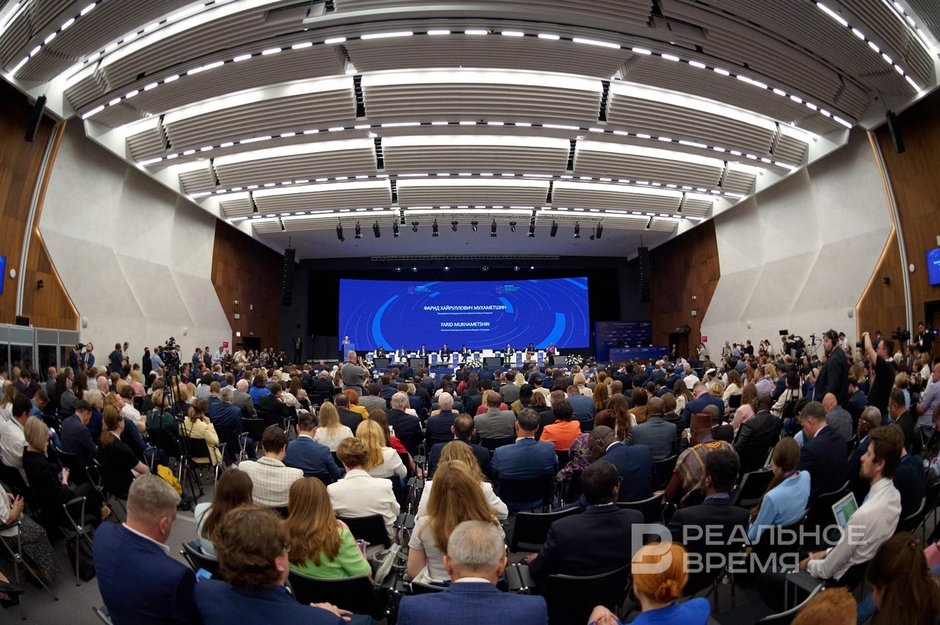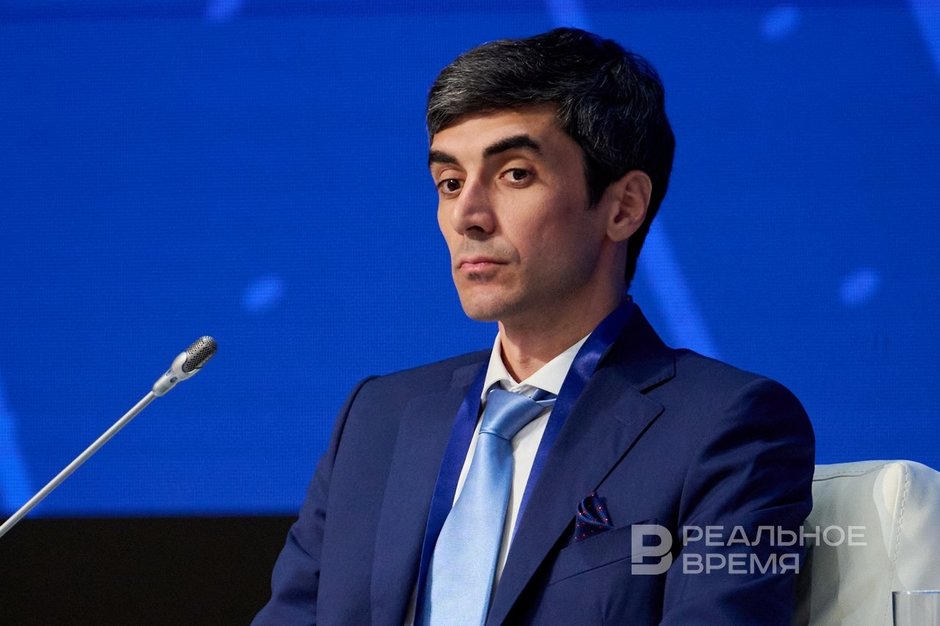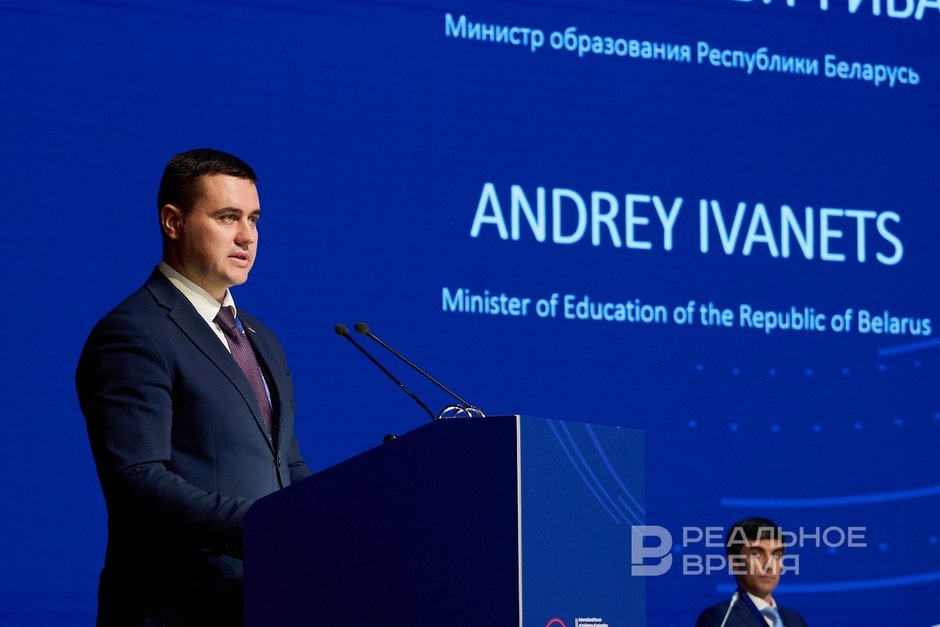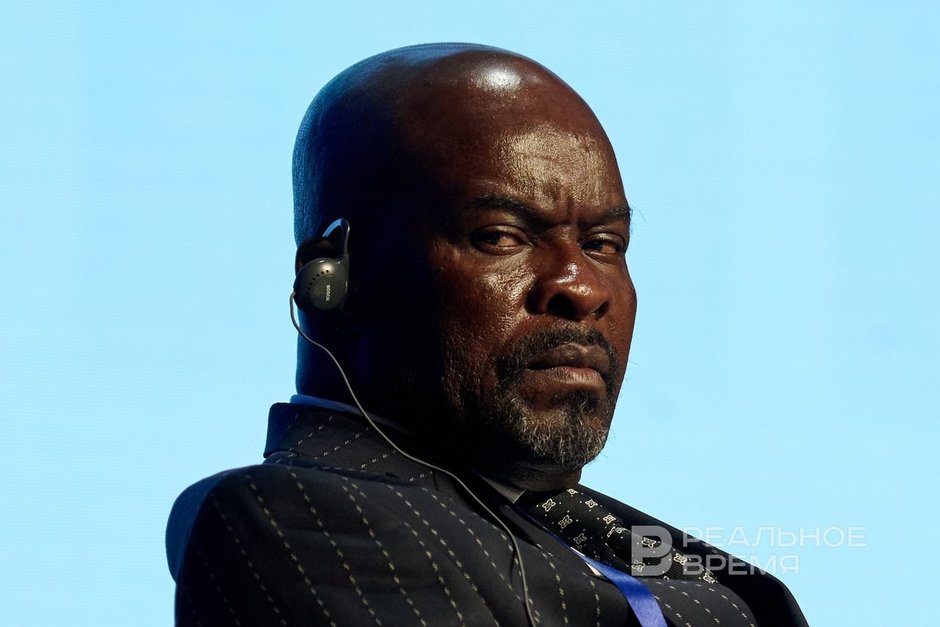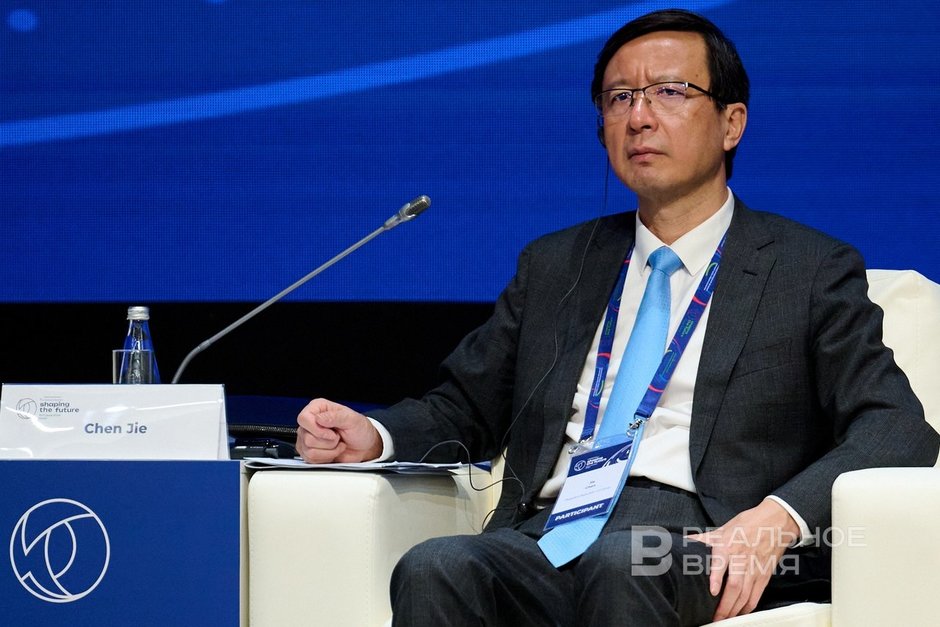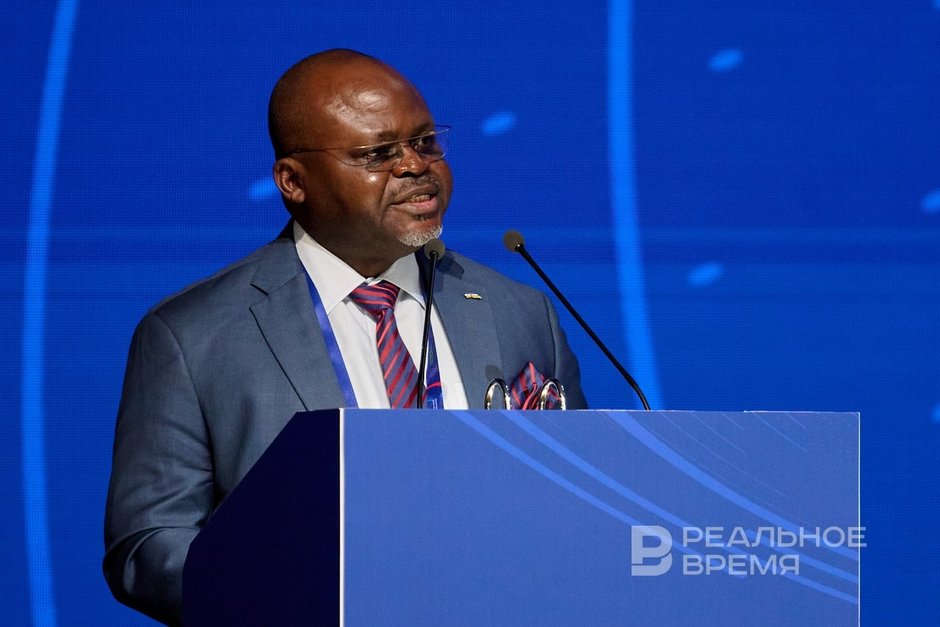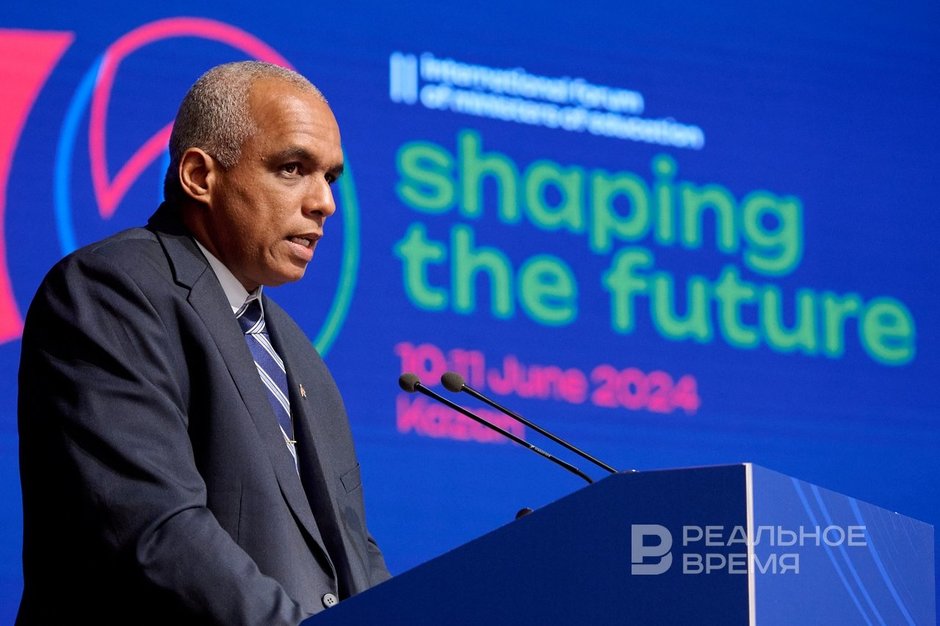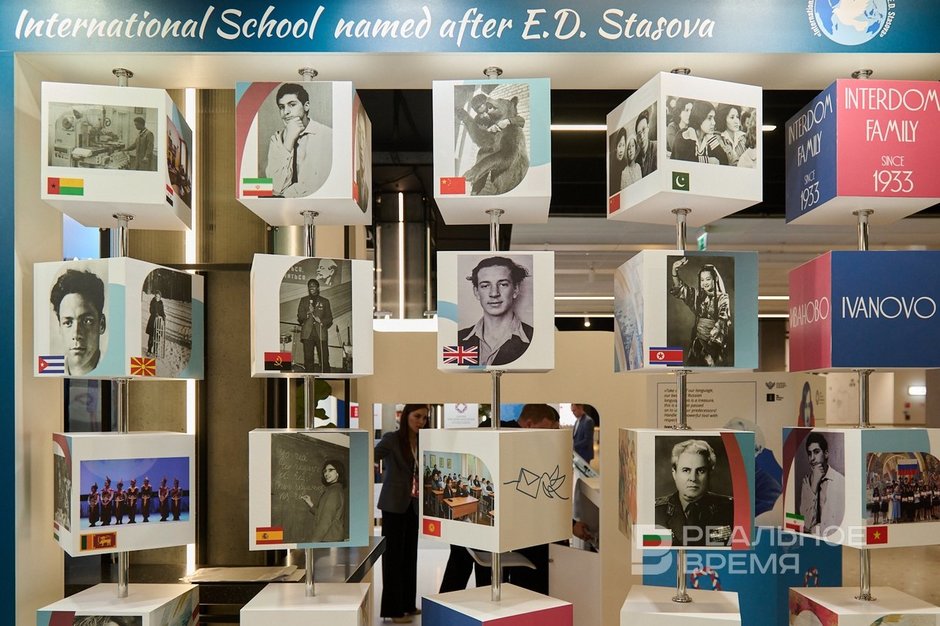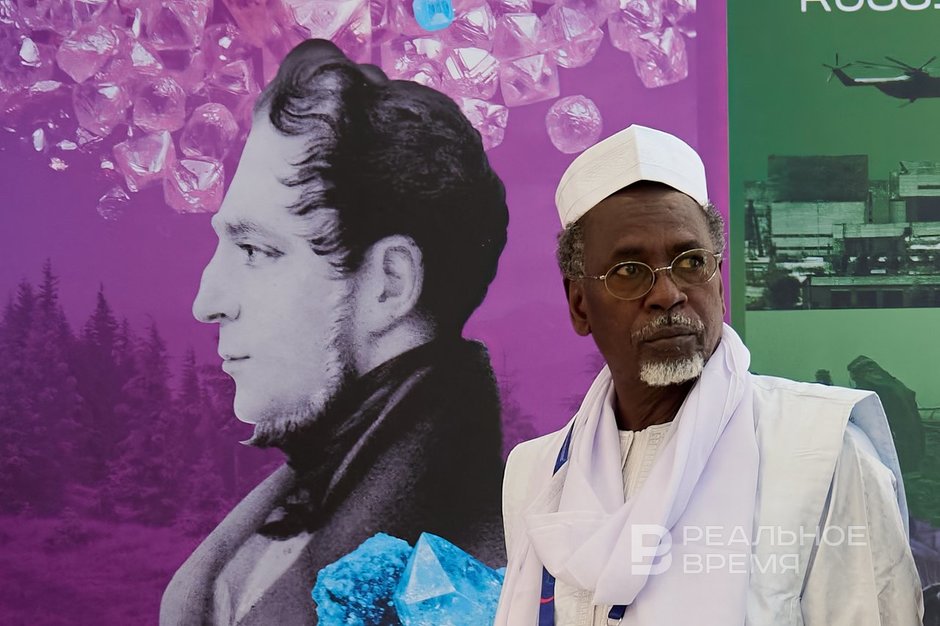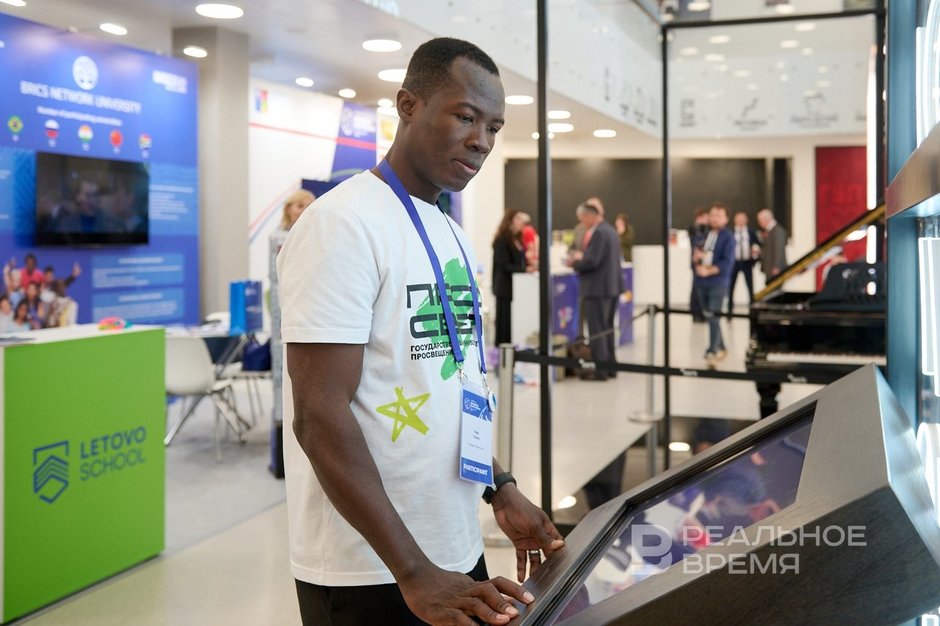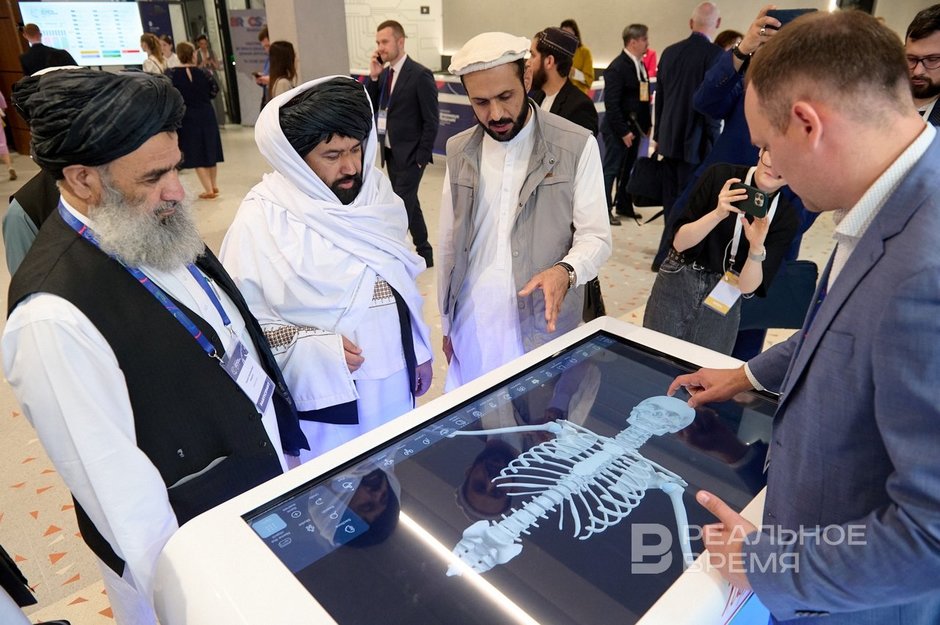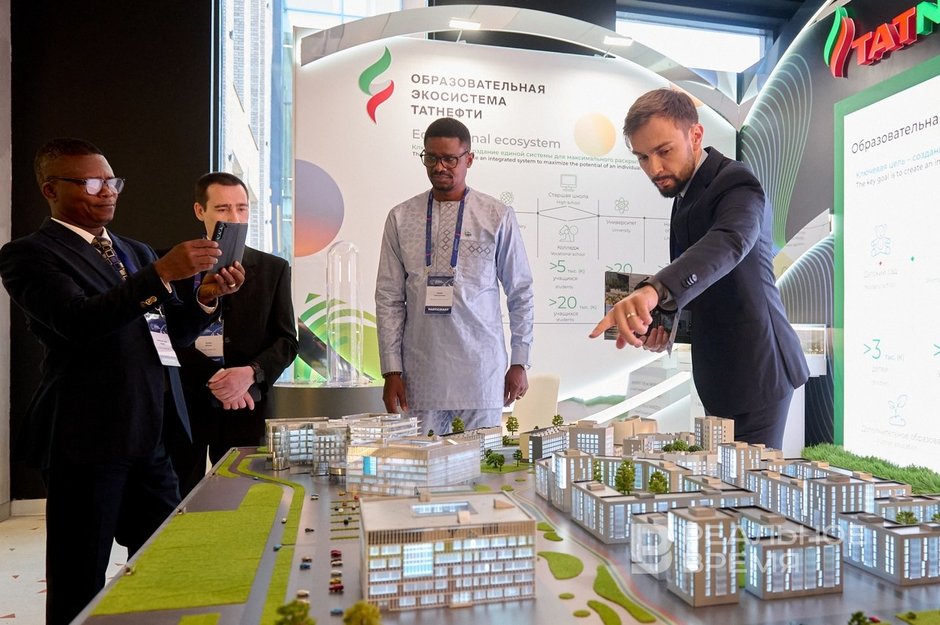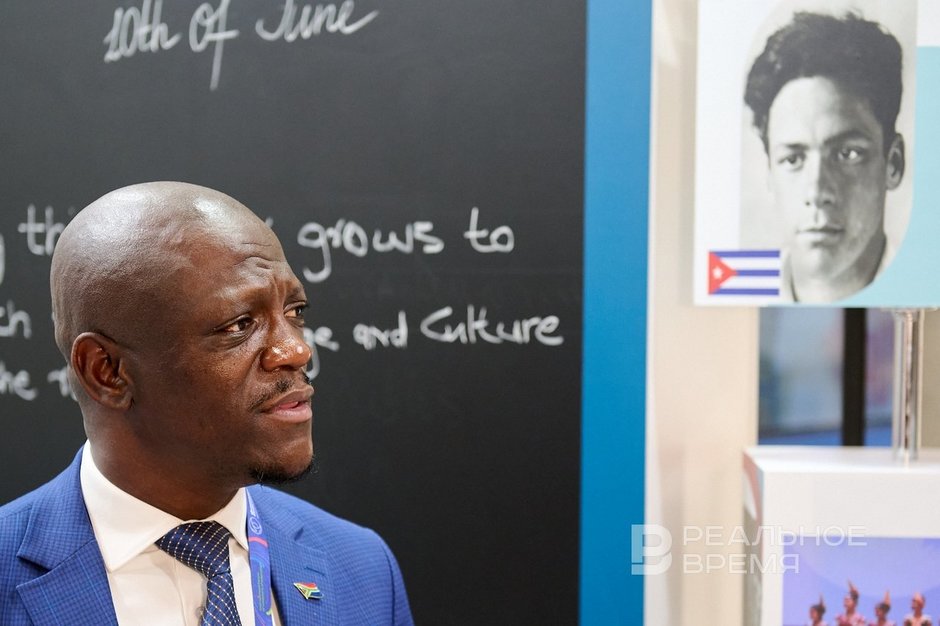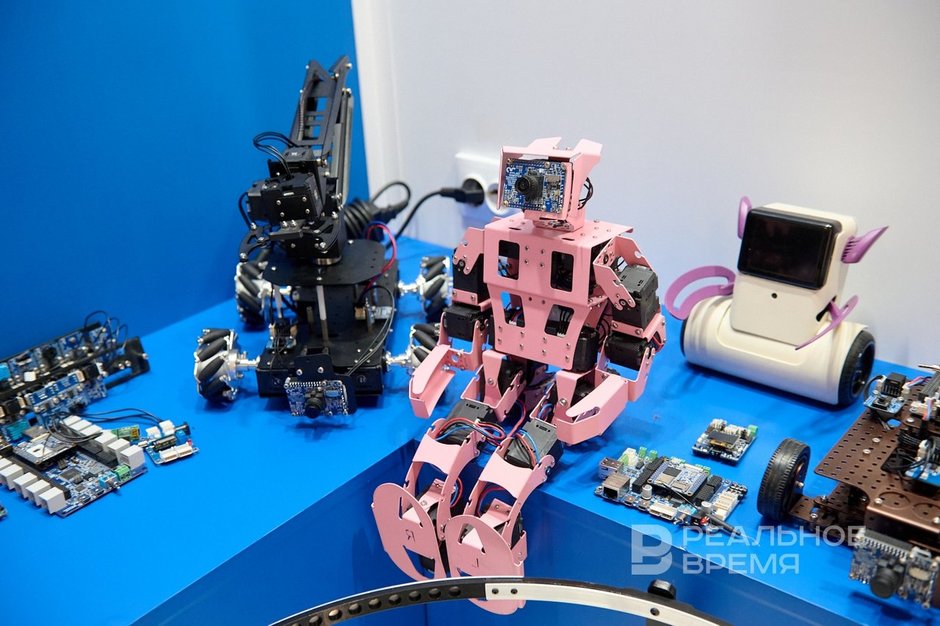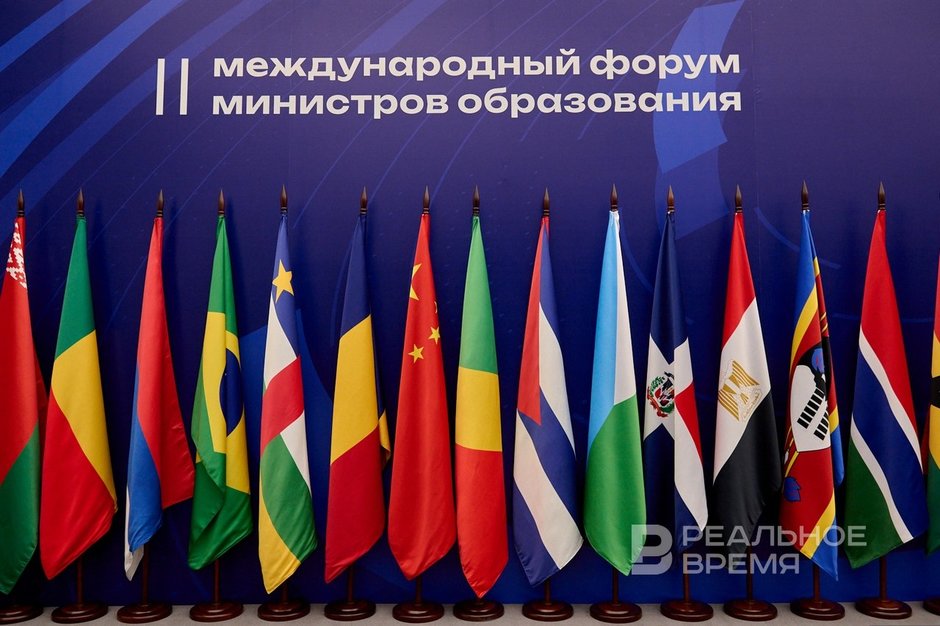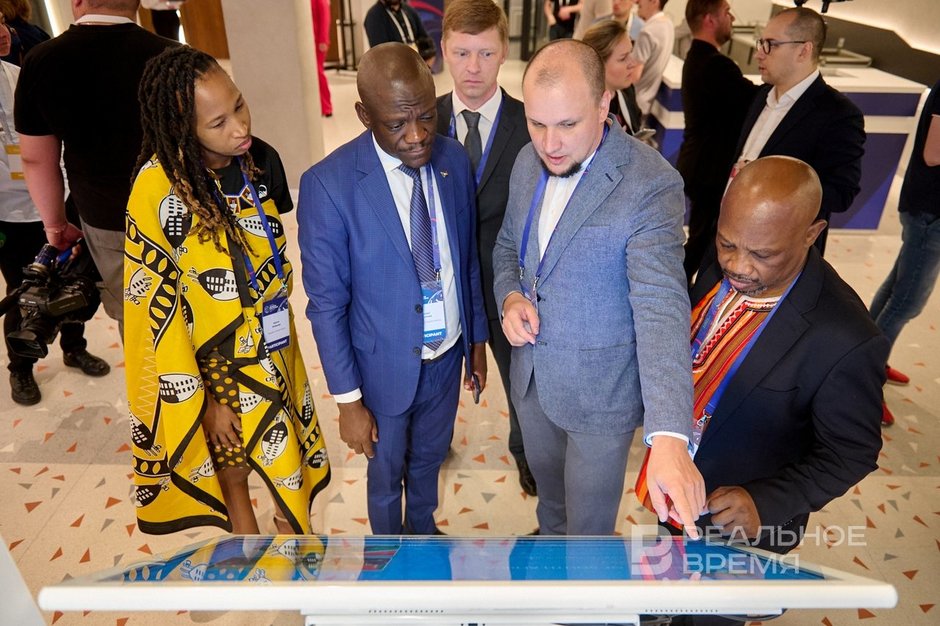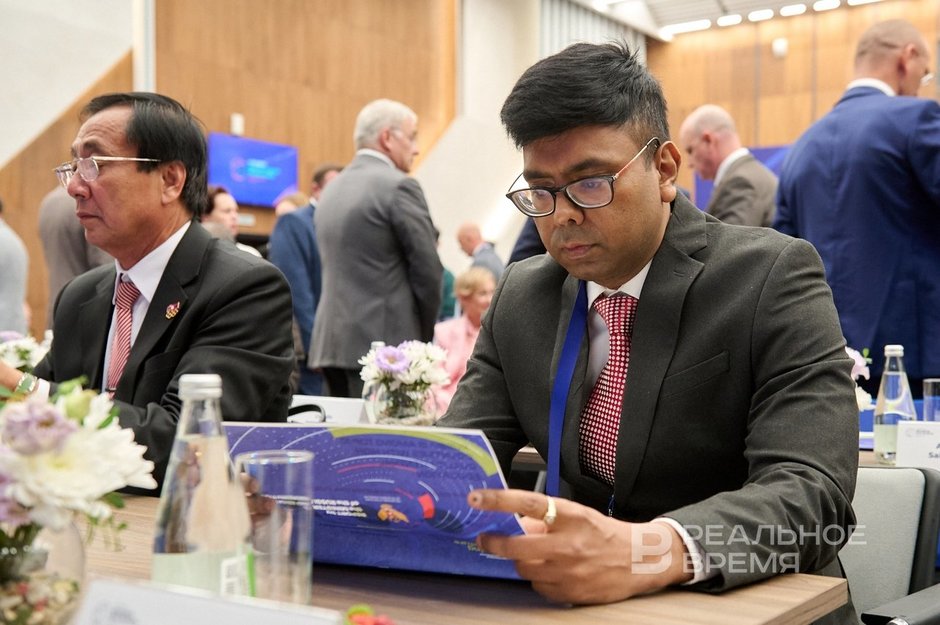Sergey Kravtsov: ‘Digital technologies are a priority, but they will not replace traditional school’
The head of the Ministry of Education adheres to the limited use of digital resources, while the Chinese authorities are accelerating the pace of e-education
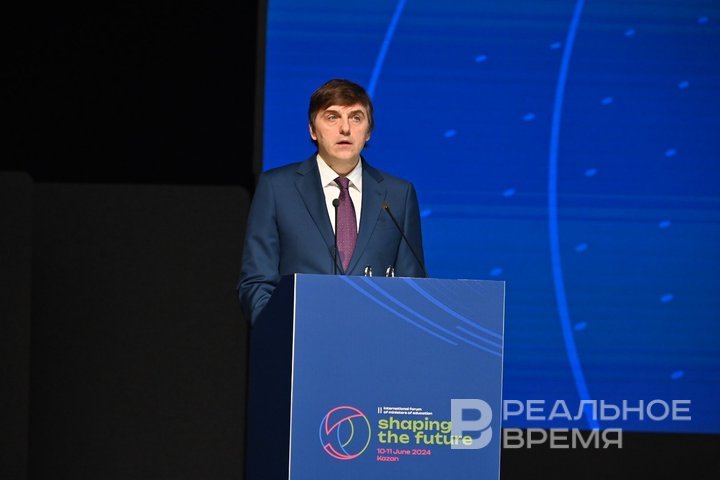
“In terms of the quality of general education, Russia was among the top ten countries based on the results of international PISA studies. Despite the sanctions, we do not suffer at all from this, we develop, we have our own national system for assessing the quality of education," Education Minister Sergei Kravtsov assured foreign guests. At the international forum of Ministers of Education Shaping the Future, Russia, Belarus, China boasted of one hundred percent accessibility of education, the states of Africa and Cuba asked for support. China relies on digital services, and Uzbekistan is experiencing a hurricane of interest in the Russian language — 14-15 branches of Moscow universities have been opened. More information about the forum can be found in the material of Realnoe Vremya.
Russian language centres in Caracas and the Dominican Republic
Kazan is hosting the International Forum of Ministers of Education Shaping The Future for the second time, held under the auspices of the Ministry of Education of Russia, Government of Tatarstan, and My Story Humanities Support Foundation. Formally, the agenda includes topics that can be classified as “eternal” — these are the current challenges of the international educational environment, the value system, education, assessment of the quality and accessibility of education. But in the light of the foreign policy situation, it is not difficult to guess that we are talking about the possibility of integration and building close ties between the educational systems of Russia and friendly CIS countries, Central Asia.
“Time sets new goals that need to be pursued," said Nancy Ortuño, Deputy Minister of Secondary Education of Venezuela, stressing that education remains a fundamental right of every person in society. In the near future, Russian language learning centres are opening in Caracas, which will help strengthen ties.
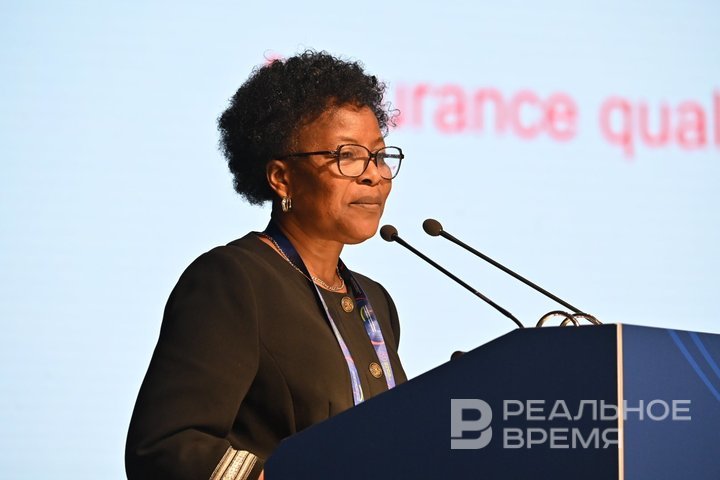
The authorities of the Dominican Republic are betting on the expansion of primary education as a way to combat poverty. At the same time, they are set up to teach children the Russian language so that they can work in the tourism sector.
“Many Russian tourists come to the Dominican Republic, and it would be nice to know Russian," said Oscar Radames Amagos Perez, Deputy Minister of Education of the Dominican Republic for Monitoring and Quality Control of Education.
Is the labour issue closed?
“Russia is open for comprehensive cooperation in the educational sphere, — this greeting was read out by Minister of Education of Russia Sergey Kravtsov on behalf of Vladimir Putin. “And I am ready to share my rich, in many ways unique experience. Including developing pedagogical, student and student exchanges, participating in new joint projects," the greeting said.
Ministers from 40 countries showed interest in cooperation in the educational sphere, and 150 delegations arrived in Kazan. Among them are China, Cuba, Senegal, Mali, Zimbabwe, CAR, Syrian Arab Republic, UAE, Pakistan, Myanmar, Sri Lanka, Venezuela. The CIS was represented by Belarus, Uzbekistan, Kyrgyzstan, and Turkmenistan. The moderator of the forum, Sergey Kravtsov, first brought to the fore the problem of vocational education. He recalled that at the first forum, the issue of training workers was acutely raised, after which a special group was created from representatives of educational systems from different countries.
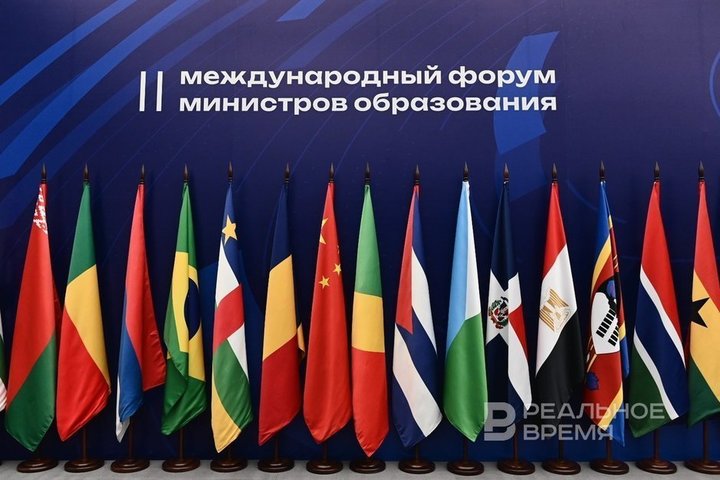
“The first forum showed that we have begun to develop secondary vocational education more," he said.
He later added that 60% of high school graduates go to college, and the study time in their chosen specialty has been reduced from 4 to 2.5 years. Previously, only a quarter of students continued their studies in vocational schools, and two to three graduates enrolled in higher education institutions. According to Sergey Kravtsov, this is a positive trend, but the shortage of personnel at enterprises still remains. The situation is to be corrected by developing a long-term forecast of the needs of employers, on the basis of which the number of budget places in universities and colleges will be formed.
China stands for digital education programmes
The ministers of education of different countries were unanimous that education should be equally accessible to all children. To do this, the Chinese authorities are forcing the transition to electronic educational programmes.
“Digital technologies provide equal access to education for children from different places of residence. China is actively introducing them into education," said Chen Jie, Deputy Minister of Education of the People's Republic of China.
According to him, they are used by children in hard-to-reach areas in northern China. He gave an example of the demand for electronic services among students. As the rector of one of the country's universities, he, together with colleagues from the Austrian university, developed a special training programme for students.
“We have received 440 billion visits in 2 years, and we are actively starting to serve 500 million people," he said. “The programme is used in Indonesia. 87 million operations were performed online, and more than 53 million completed additional education. The digitalisation of education in China is gaining momentum, and the introduction of artificial intelligence is going to change the face of education.
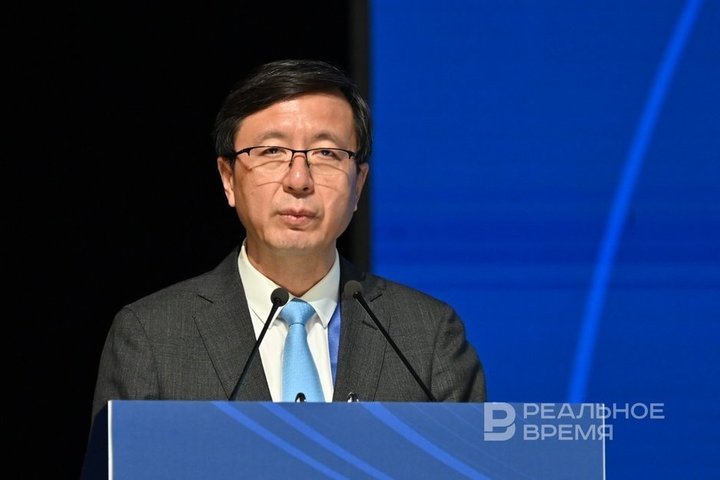
“Digital technologies are a priority, but we believe that they are not going to replace the traditional school," Sergey Kravtsov outlined the position.
According to him, there is the Russian Electronic School platform in the school system, but it is used by children who cannot attend school during illness.
“To do this, we have a “white Internet”, where our social networks, all personal data are protected," the minister of education of Russia assured.
Shavkat Mirziyoyev relies on presidential schools
Uzbekistan has made a big leap in education by building a network of specialised presidential schools for gifted children.
“With the election of President Shavkat Mirziyoyev, education has become a key area, has come to the forefront of development until 2030," said First Deputy Minister of Preschool and School Education of Uzbekistan Usman Sharifkhodjaev. “At the pre-school education level, the coverage of children increased from 27% to 87%, and there were more lessons in mathematics, physics, and chemistry in secondary schools. A system of specialised presidential schools has been created to train gifted children," he said.
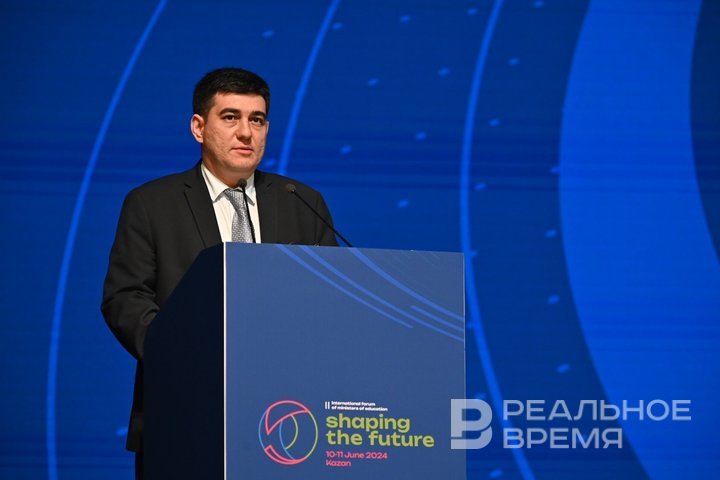
As a result, last year students won 13 out of 24 medals at international olympiads.
At the same time, interest in the Russian language is growing in Uzbekistan. There are 14-15 branches of Russian universities, including the Herzen University is implementing three major educational projects in the republic, and two of them are in cooperation with the Ministry of Education of Uzbekistan. The Class! project is aimed at improving the quality of the Russian language teaching and general education disciplines in Russian. Besides, a project has been launched to prepare teaching aids for schools. A joint Russian-Uzbek team of authors has developed a textbook on the Russian language for the second grades. It will be delivered to schools in September. In three years, it is planned to provide textbooks on Russian as a foreign language to all students from the second to the eleventh grades.
“In terms of the quality of general education, Russia was among the top ten countries based on the results of international PISA studies (Russia suspended participation in TIMSS in 2022 — author's note). Despite the sanctions, we do not suffer at all from this, we develop, we have our own national system for assessing the quality of education," Education Minister Sergei Kravtsov assured foreign guests in his closing speech.
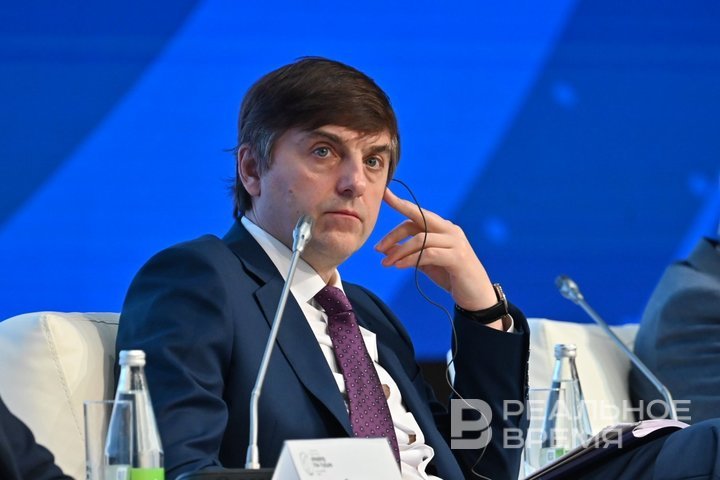
According to him, the state has an integrative indicator of the quality of education, including a system of career guidance and education. There is an assessment of the quality of teachers in all schools, and we see where there is a shortage and help to develop. Almost 100% of preschool education is covered, as can be seen in Tatarstan, and we are ready to share our experience.
“We have been discussing for a long time what should be — the child development or preparation for school, but we tend to believe that each level of education should solve its own tasks. The preschool level is primarily a game, the formation of psychological functions," Kravtsov believes.
There is a large network of urban and rural schools in the country, and children confidently occupy leading places in international olympiads in the scientific field.
“We are ready to share our experience in the training of gifted children, which has remained since Soviet times, in systematic scientific and methodological education, training of engineering personnel. Specialists from Russia are in demand everywhere, they are ready to provide training programmes. We do not impose our ideology and approaches to the education system, as we understand that the school system is primarily about national interests, and here we treat each country with respect. The importance of accessibility of education is high, we see the whole picture for each school and teacher, which allows us to build a system of teacher training," concluded the minister of education of Russia.
